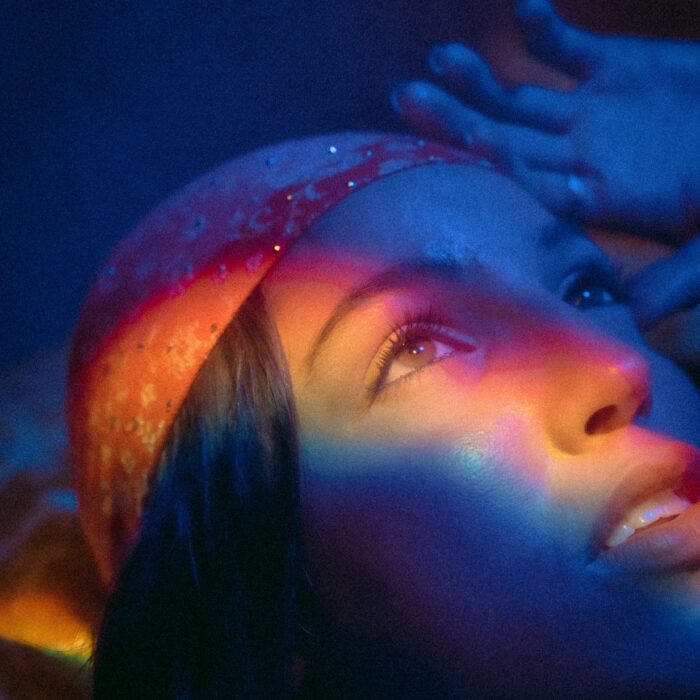You have no items in your cart. Want to get some nice things?
Go shopping The day was a hesitant one, so young it had not yet decided what kind it would be. In several corners of the market, the bearers of nuts and maize and smoked tilapia were still unfolding their tables, wrapping their kenkey and arranging their baskets and tents. Sensing the impending competition, farmers sliced through mangoes to flaunt the supple flesh, women bit through peppers to release their tangy odour, housewives stacked their yams and positioned their children so that the diseased, the malformed, the dark, the bitter would not be seen. And yet the bustle had begun to breed a rich, portentous, untouchable promise, like a tomato still toxic and unripe.
The day was a hesitant one, so young it had not yet decided what kind it would be. In several corners of the market, the bearers of nuts and maize and smoked tilapia were still unfolding their tables, wrapping their kenkey and arranging their baskets and tents. Sensing the impending competition, farmers sliced through mangoes to flaunt the supple flesh, women bit through peppers to release their tangy odour, housewives stacked their yams and positioned their children so that the diseased, the malformed, the dark, the bitter would not be seen. And yet the bustle had begun to breed a rich, portentous, untouchable promise, like a tomato still toxic and unripe.
They watched her as she browsed through mountains of plantain and cords of dangling meat. They studied her as the sun burned insistently, enveloping her thighs and itching her scalp, melting the shea butter on her collarbone and causing it to dribble between her breasts. They followed her as she lingered in front of a cloudy-eyed man weaving baskets, and a scarred, globular woman, whose pregnancies were so frequent it was rumoured that she had not given birth in three years.
But it was not until she paused to hinder a snail, climbing over its comrades to escape her bag, that one of them, the woman, approached.
The woman was young, like her, and at first she believed that she knew her. Once or twice, she even mentioned how sad it was that they had not met for some time, and that she’d hardly changed since they last saw each other. It was not until she enquired about the woman’s sister, of whom she had a vague, unpleasant memory, that she realised she had mistaken her for someone else; that she had never met the woman before.
The woman admired her braids and praised her dress effusively, fingering the cloth with an almost sensual touch. When she mentioned that she had sewn the outfit herself, the woman’s eyes widened and she told her that she ran a factory with her husband, as though she had been waiting to say it, as though she had said it a hundred times before.
The man stepped forward, as if on cue. When his gaze met hers she seized it jealously, sensing the desire she craved and all the vows she had been denied.
The factory was in Naples. Nay-pulls… She had never heard of it, but they told her it was in Europe, and that was enough. As she packed the following night, she considered how strange it was that a face so foreign could seem so familiar, and appear as suddenly as her own reflection. But her meditations went no further, as her sister soon called to remind her of her failures, and her aunts arrived to laugh at her plans, and her cousins came by to scan her room and note the things they would steal when she was gone.
The woman and the man made all the arrangements, paid all the fees and took all the risks, so of course she asked no questions. When she admitted that she had no papers, that she had been rejected several times, she was relieved when they conjured papers of their own. When she arrived at the airport to meet them, she saw it as auspicious that the face on the visa was so much like her own, and yet so undeniably the fairer, prettier, less haunted one she dreamed of every night. And when the man at security accepted her offering and waved her through, she was comforted in the knowledge that he too had seen the dream face in hers, and a future so much brighter than her past.
“Benvenuto,” he had said.
“That means welcome,” the woman later told her.
For days she clung to the word, rolling the syllables around her tongue, breathing them into her reflection, whispering them to herself as she moved through the tiny apartment, waiting for the woman and the man to return.
After a week the word could stretch no further, no longer sating the hunger in her stomach when the food ran out.
“Stay here,” they had said. At first she had, out of joy. What else did she need? Then, out of respect. Their words had transported her. After nine days she tried the door and found it wouldn’t open.
The following night, the man unlocked the door and entered. Two others were with him. As they lay on top of her, one after another, their eyes avoided hers and searched her hair, her breasts, her pillow, finally finding ecstasy in the darkness of their eyelids. The first man, the one who had come with her, and come back to her, and finally come inside her, was clear: she would repay them, one way or another. She would die if she ran. She would starve if she refused.
And so she drowned each night in the sea of faces that washed over her, seeing every man she ever loved, every lie she ever heard, every dream from which she’d ever awoken. She became a collector, hoarding saliva that burned her cheek, sweat that salted her own, moans that echoed inside her, semen that invaded her womb and searched for life. She often wondered where the woman was, and eventually, if she had ever even existed. At times she cursed her for stealing her face and voicing her dreams and erasing her past, which faded at night and returned more fractured with each fragile dawn.
She plotted her escape, dreaming of the day when they would look for her and not find her, and her debt would be effaced. And although her face had been stolen she would build a new one, with hands that could still sew, eyes that could still dream, and the vestiges of a strength that had not yet formed when she went to the market, and which had therefore not been bought or destroyed.

About Isabelle Baafi
Isabelle Baafi is a writer, filmmaker and graphic designer from London, with a BA in Comparative Literature and Film from the University of Kent. Her work has been featured in Riggwelter Press. Common themes in her work include politics, faith, migration, multiculturalism and womanhood. She is currently working on her first novel.



